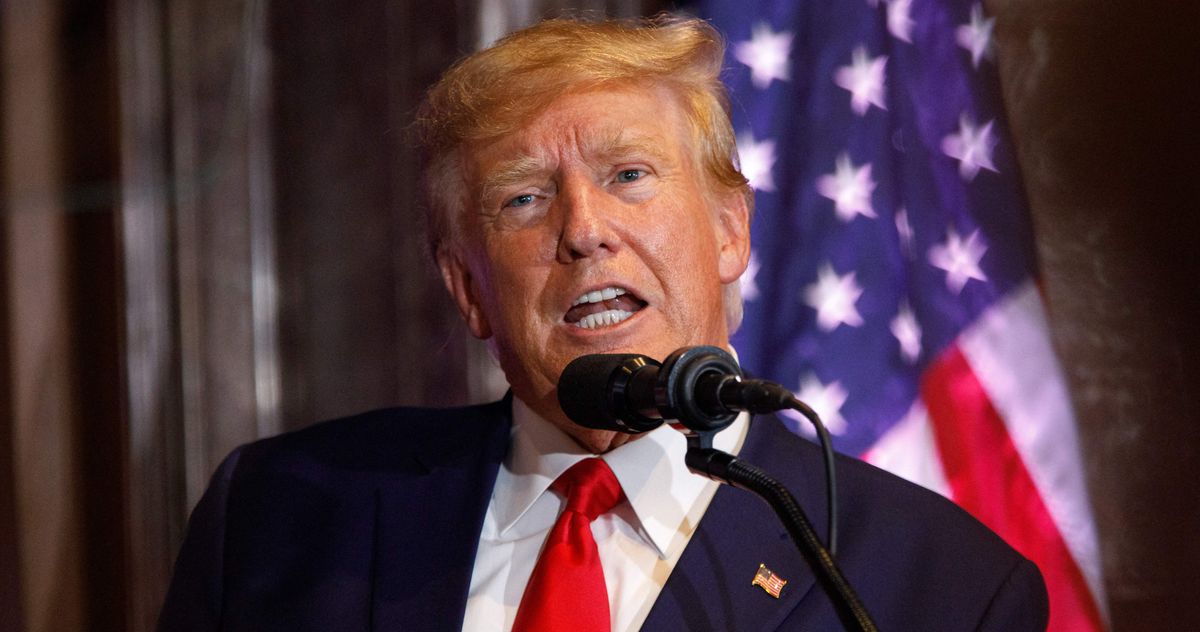
- Select a language for the TTS:
- UK English Female
- UK English Male
- US English Female
- US English Male
- Australian Female
- Australian Male
- Language selected: (auto detect) - EN
Play all audios:
G20 Sherpa and former Niti Aayog CEO Amitabh Kant has urged Indian industry to prioritise research and development (R&D).
“When government reduced corporate taxes, (it) gave away ₹1,45,000 crore to the Indian industry. It wanted Indian industries to do R&D, to do private capex in India, (but) that has not
happened till date,” Kant said, criticising the lack of private sector investment in R&D despite significant incentives.
Speaking at the 2025 annual business meet of the Confederation of Indian Industry (CII), Kant had a candid conversation with EY chief and CII president-designate Rajiv Memani, pointing out
key shortcomings in the Indian private sector.
He didn’t hold back in calling out industry priorities: “The Indian industry loves to do great events, and it loves to do seminars, but it fails to deliver, it loves to be an event manager
rather than to be a great driver of innovation and R&D, which is what India needs.”
It is indeed true that India’s quest to innovate has not been matched by its R&D investments. An April Niti Aayog paper revealed that India lags behind its Asian counterparts including China
and South Korea with just around 0.7% of R&D expenditure as a percentage of GDP. China’s annual R&D spend, at approximately $496 billion, dwarfs India’s sub-$100 billion expenditure in
2024. This vast disparity has left India trailing in critical sectors like electronics and semiconductors, with its fragmented approach yielding limited commercial success and weakening its
ability to innovate at scale.
For Kant, the central government has laid the foundation for ease of doing business through initiatives like PLI, DPI, and corporate tax cuts, with only labour laws required to be “fixed.”
The responsibility now lies with the private sector. “The ball is no longer in the government’s court — it’s in the court of Indian industry,” he added.
“To go from a $4 trillion to a $30 trillion economy, India must multiply GDP ninefold, per capita income tenfold, and manufacturing output sixteen-fold — all of which are impossible without
technology-led growth,” he said. “Today, in most advanced technologies, we are still major importers from China.”
When Memani raised a concern about India competing with China, which doesn't always operate on purely economic principles, Kant responded sharply. He said China initially imported technology
in areas like EVs and solar panels but quickly moved to add value. “China is now being disrupted by newer technologies. Why is Indian industry not stepping in to seize those opportunities?”
he asked.
He stressed that copying China isn’t enough, India must leapfrog with cutting-edge innovation. “You will not reach a $30 trillion economy without bold steps in technology. India must outpace
China with new tech, not by playing catch-up,” he said.
He noted that this would require sustained annual growth of around 9% for the next three decades, alongside the creation of 9–10 million jobs each year.
In doing so, Kant called out the Indian industry for excessive reliance on protectionist measures like Quality Control Orders (QCOs). “Industry keeps asking for protection, for QCOs to be
issued, but it’s hurting MSMEs,” he said. For example, in the textile sector, MSMEs are forced to buy man-made raw materials at 35% higher prices due to QCOs. “You’re killing small companies
and job creation,” he warned, highlighting that large industry benefits at the cost of smaller players. He called for rational use of QCOs — encouraging quality where needed, but not in
labour-intensive sectors where it hampers job growth.
Kant reminded, “even a small country like Ireland exports more to China than India does. Our lack of innovation holds us back in global markets. We need to go one step ahead of China in many
areas if we want to hit our $30 trillion target by 2047. This game of China+1 by importing from China will never work.”
When asked about scope for India in triumphing in the realm of technology, Kant warned against overhyping global AI leaders like OpenAI and DeepSeek. He emphasised that disruption in tech
happens constantly, and India should focus on building its own foundational AI models. Just as Google overtook Altavista and Steve Jobs triumphed after early pioneers, India too can emerge
strong if it plays the long game.
“The race in technology is never won by the first mover. India must build its own models using open-source, open-API, globally interoperable infrastructure — like we did with Digital Public
Infrastructure — or we risk becoming a technology colony of the West,” he warned.
He also said India’s linguistic diversity could help build globally relevant AI solutions. The Ministry of Electronics and Information Technology (MeiTy) recently in April chose Sarvam AI to
develop the country’s first sovereign large language model under its IndiaAI Mission.
Tourism, Kant said, is another major growth area India is not leveraging enough. Unlike trade, it’s tariff-proof and has massive job-creating potential. While domestic tourism has grown
since COVID, foreign tourism needs a bigger push — especially by state governments.
Only a few states like Kerala, Rajasthan, and Kashmir treat tourism as a key economic driver, he noted.
Fortune India is now on WhatsApp! Get the latest updates from the world of business and economy delivered straight to your phone. Subscribe now.







